While not exactly a chicken-or-egg debate, when it comes to regulating a deadly tire chemical, Washington state lawmakers are being called upon to decide what comes first in the effort to save salmon. In public hearings this week, speakers were clearly divided in their views on companion bills in the House and Senate to ban […]
January 13, 2026
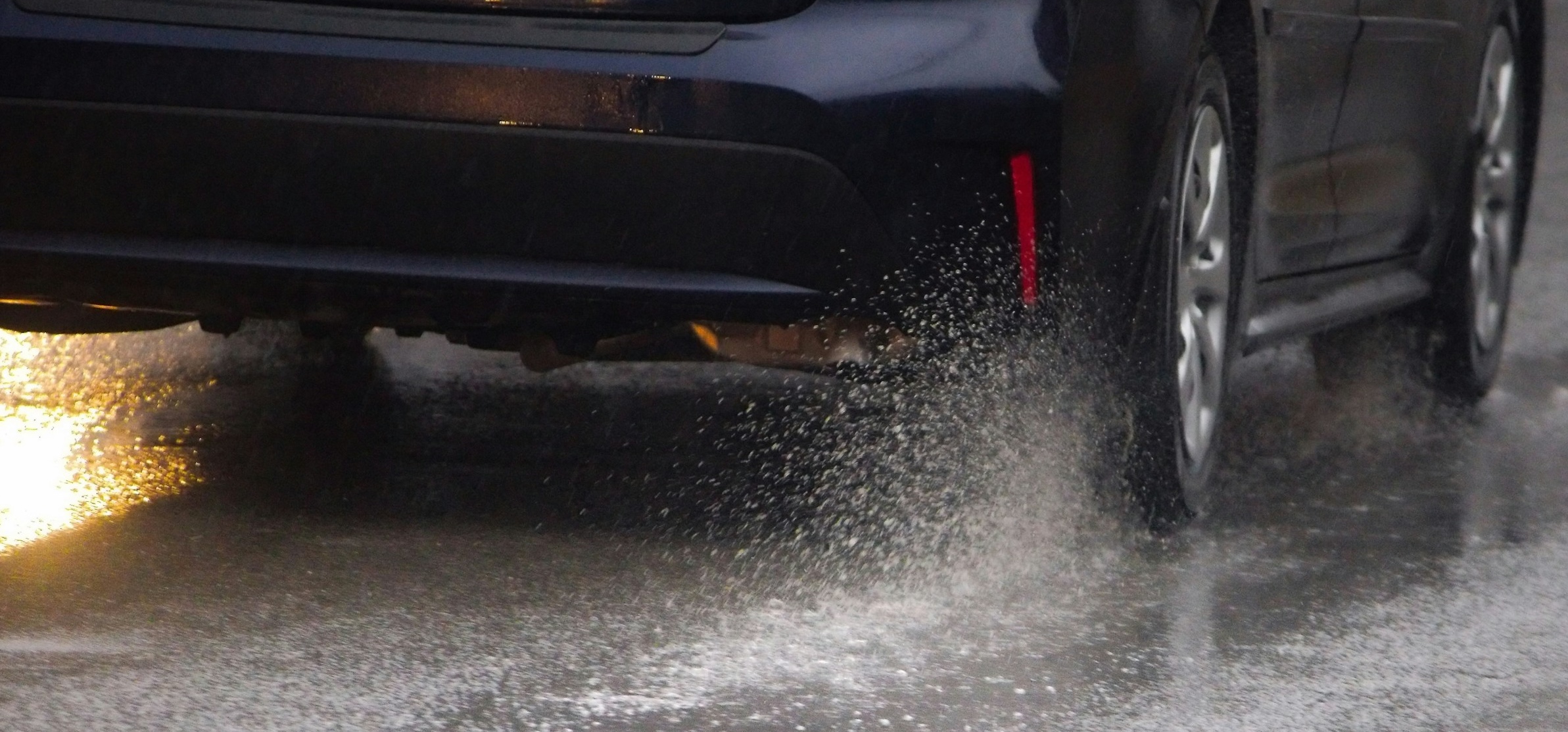
Washington lawmakers to decide whether to ban a tire chemical shown to be toxic to salmon
A new bill introduced to the Washington Legislature, now in session, would require tire manufacturers to reformulate the rubber in their tires to remove a chemical responsible for killing large numbers of coho salmon and other fish. If approved, the legislation would give tire manufacturers nine years to find a suitable replacement for the compound […]
January 9, 2026
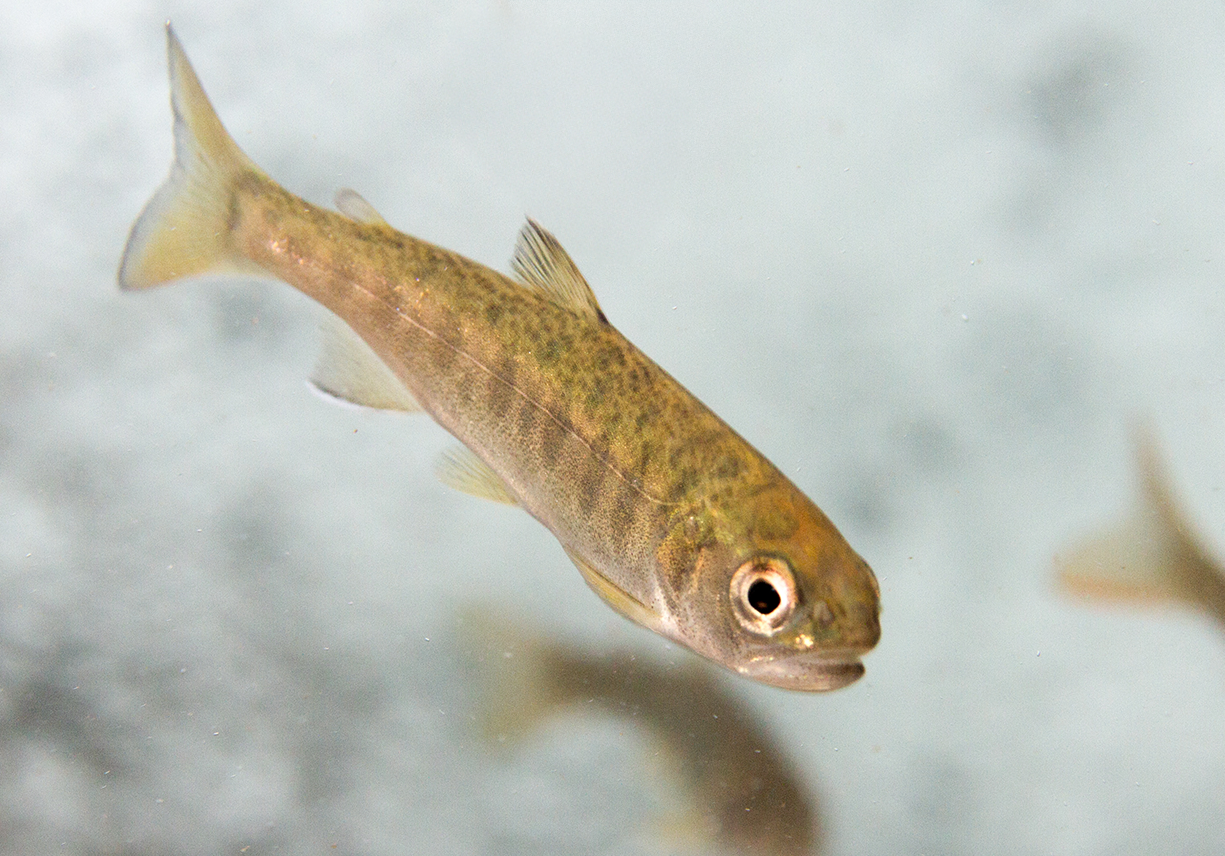
Study finds juvenile coho salmon at risk from deadly tire chemical
Untold numbers of hatchery fish may be dying from exposure to tire-contaminated runoff, according to a new study. When it was first identified in 2020, the deadly tire chemical 6PPD-quinone (6PPDQ) was seen mostly as a threat to adult coho salmon. Fish returning in the fall were found disoriented and gasping shortly after entering creeks […]
December 16, 2025
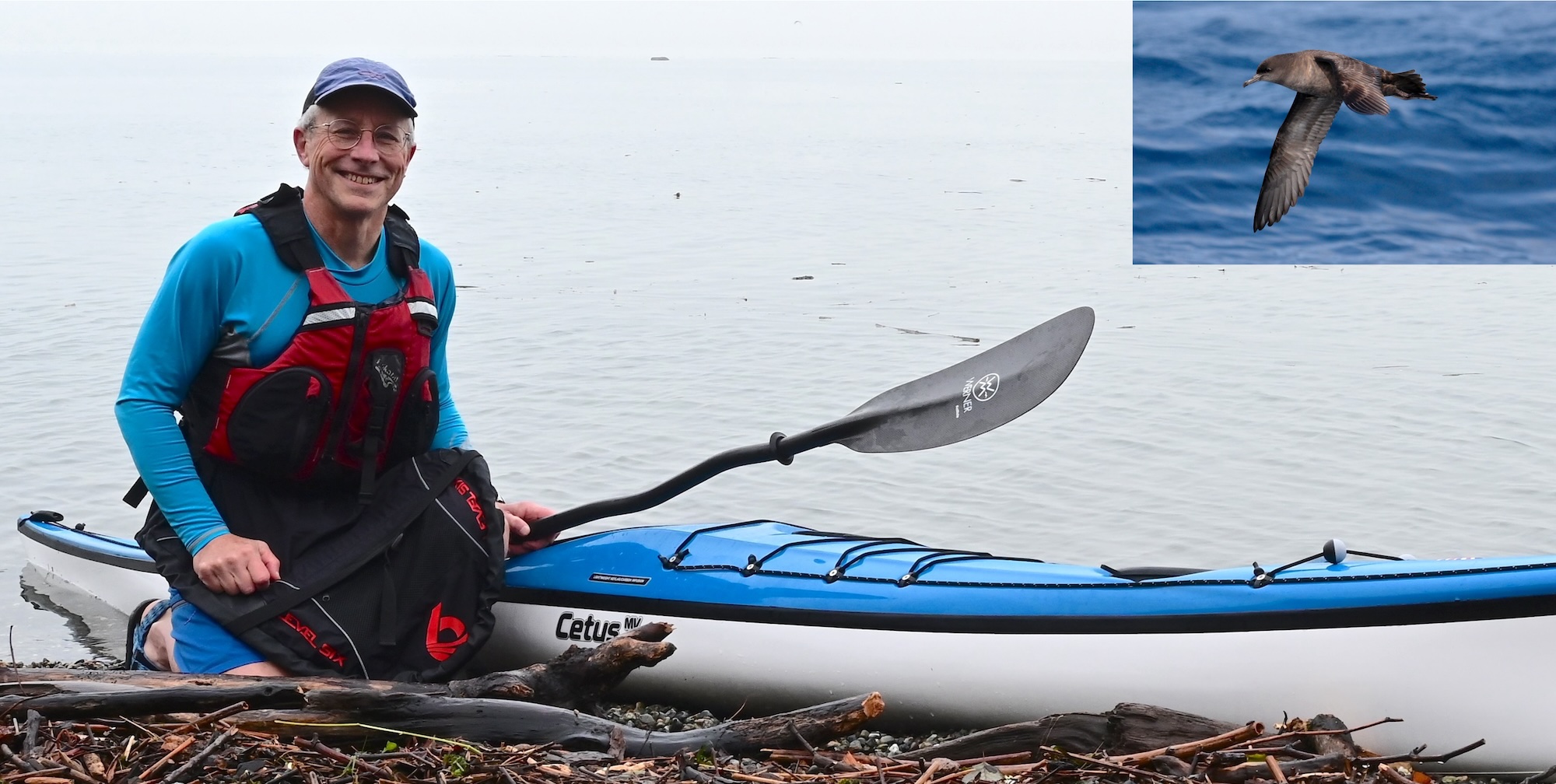
Looking back on a year of Puget Sound surprises: rare birds, gray whales, water
The year 2025 has been fairly mystifying to experts who make their living studying natural systems in the Puget Sound region. Unusual observations this year include record-low dissolved oxygen levels, unexpected gray whale visitations, and the sudden arrival of an astounding number of short-tailed shearwaters — a seabird almost never seen in Puget Sound. Cold […]
October 27, 2025

Experts expect the recent arrival of chum salmon to bring orcas back to Puget Sound
UPDATE: Monday, Nov. 3 Whales return to Central Puget Sound without youngest calf All three pods of southern resident killer whales traveled into Central Puget Sound Sunday, making it as far south as the southern end of Vashon Island, if not farther. The past few days, various whales have been spotted in the San Juan […]
September 30, 2025

What is driving ongoing contamination in Commencement Bay?
Despite more than four decades of a Superfund cleanup along Tacoma’s industrial Tideflats, research suggests that large amounts of toxic chemicals like PCBs and PBDEs may still be entering the waterway. Our affiliates at the Center for Urban Waters are co-leading a new project to identify contaminant hotspots. When it was first designated in 1983, […]
September 16, 2025

October 7 roundtable about THORR, which maps river temperatures from space
The Salish Sea Science Roundtable online speaker series continues on Tuesday, October 7 from 12:30 – 1:30 pm. The University of Washington’s Thermal History of Regulated Rivers (THORR) tool transforms NASA’s Landsat satellite imagery into current and historical river temperature insights. Learn how advanced data-driven techniques enable accessible mapping of water temperatures across remote streams—vital for […]
August 6, 2025
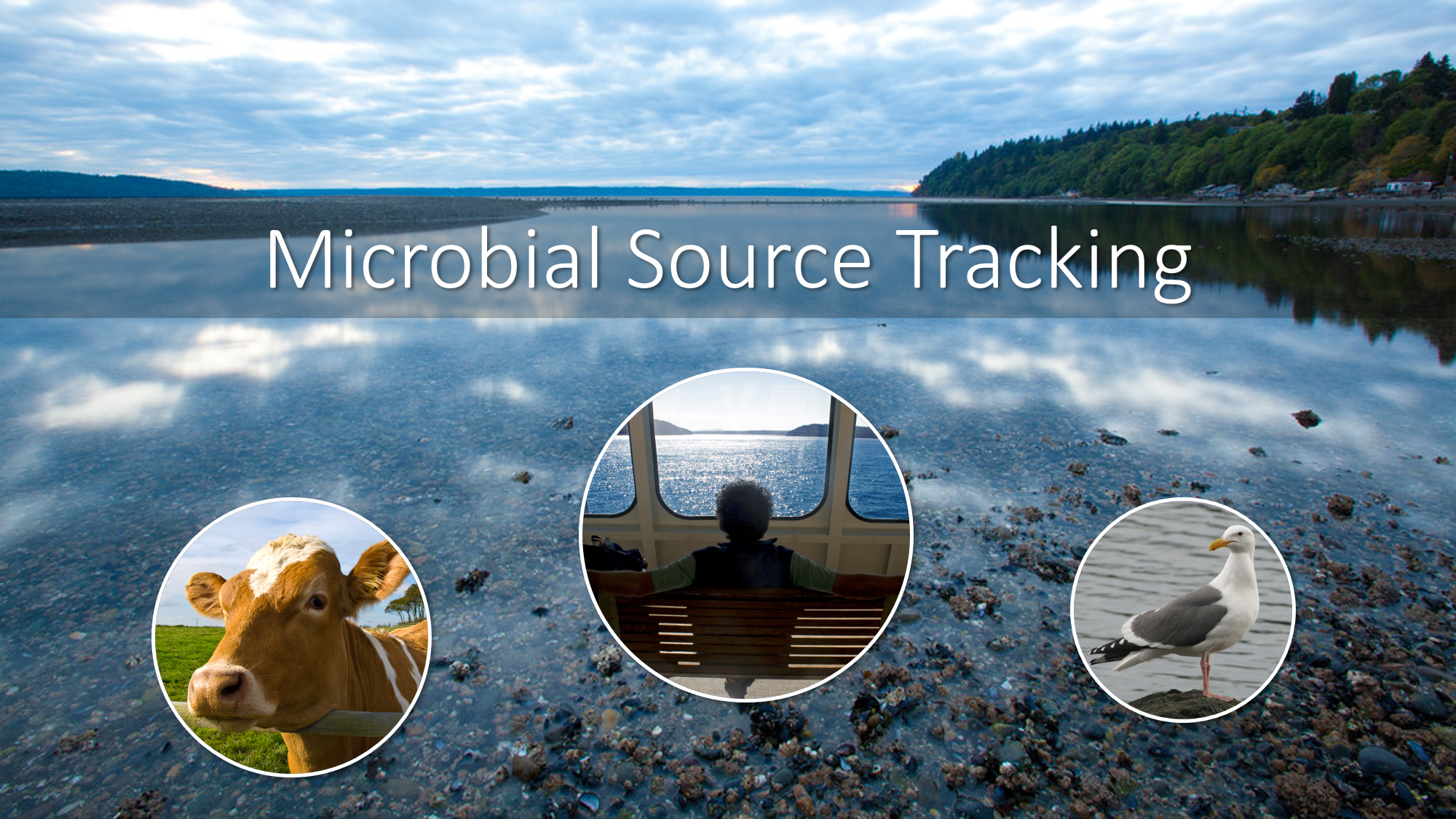
Microbial source tracking for Puget Sound
Friday, September 12 | 9:30 am – 12:30 pm PT on Zoom Co-hosted with the Shellfish SIL Effective microbial source tracking is critical for safeguarding public health, restoring shellfish beds, and targeting pollution prevention efforts. Join leading researchers and fellow practitioners to explore emerging tools, regional efforts, and practical guidance to track and reduce fecal […]
August 6, 2025
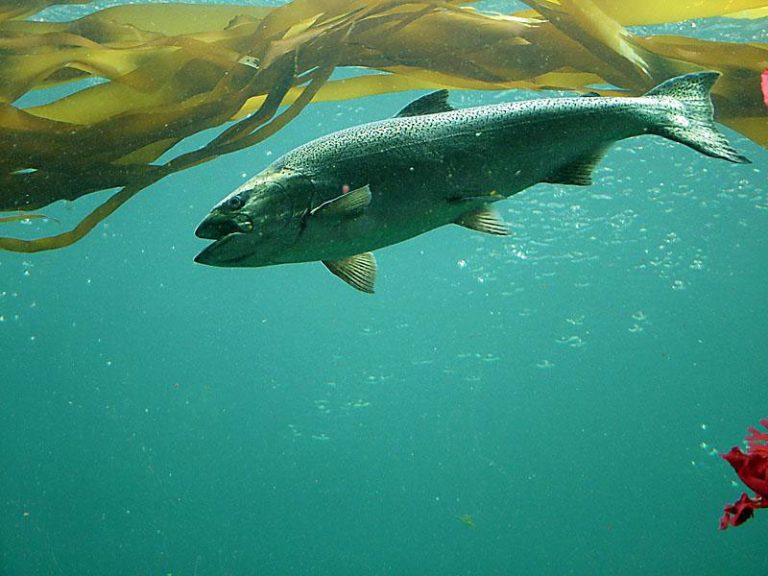
August 15: Temperature-dependent oxygen supply and demand — a pilot on marine life vulnerability in Puget Sound
Friday, August 15 from 11 am – 1 pm We’re excited to continue the Science of Puget Sound Water Quality workshop series, which explores emerging science and insights to help protect water quality in Puget Sound. Not only does warmer water hold less oxygen, but it simultaneously increases how much oxygen marine species need, so […]
July 30, 2025

Around the Sound: Juvenile humpback whale ‘stronger and energetic’ after recent rescue
A juvenile humpback whale entangled in more than 200 feet of rope and then freed earlier this month has been spotted off Galiano Island in British Columbia, prompting cautious relief among biologists who are monitoring the whale’s recovery. The whale, named Starry Knight, was seen by whale watchers last Friday, and was breaching and appeared […]

